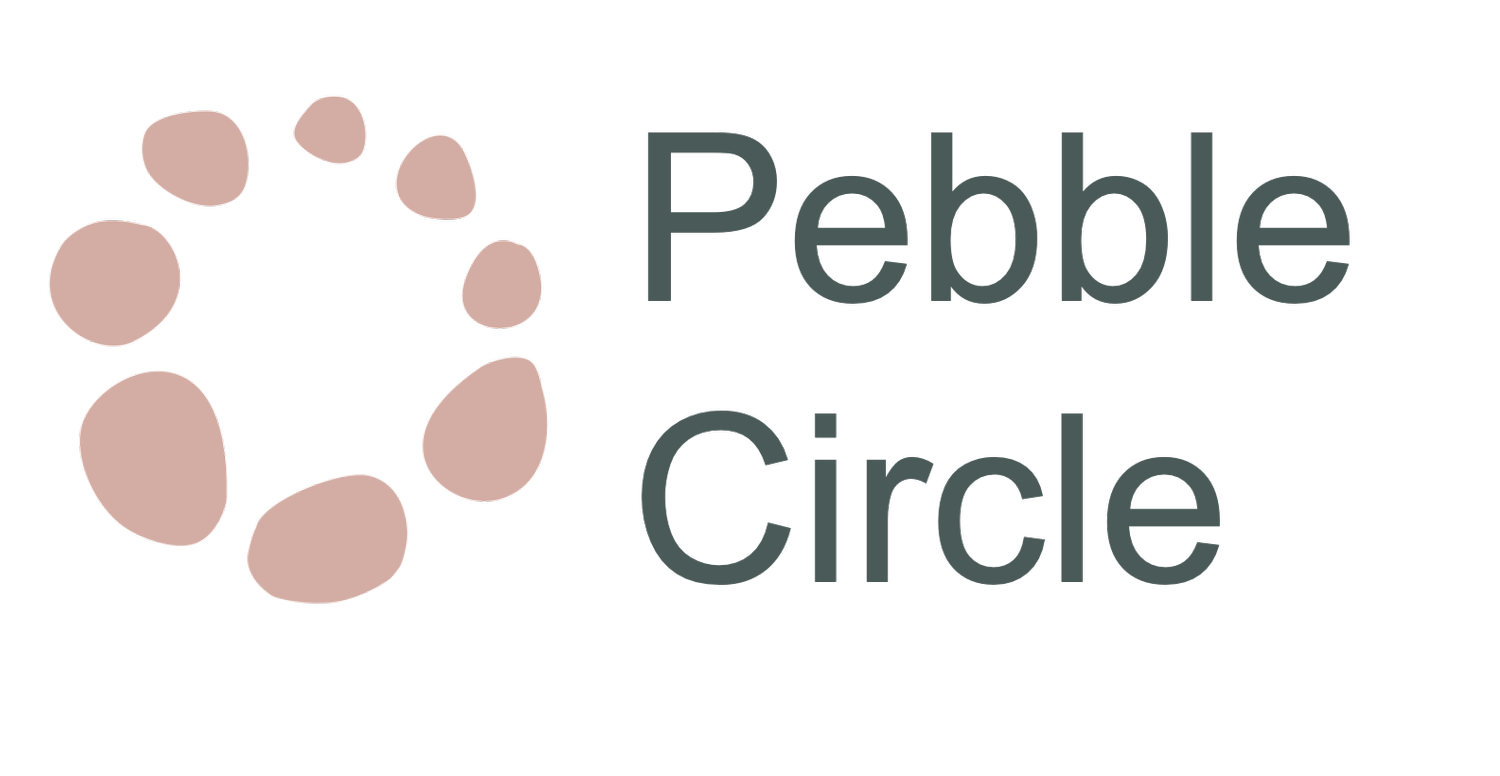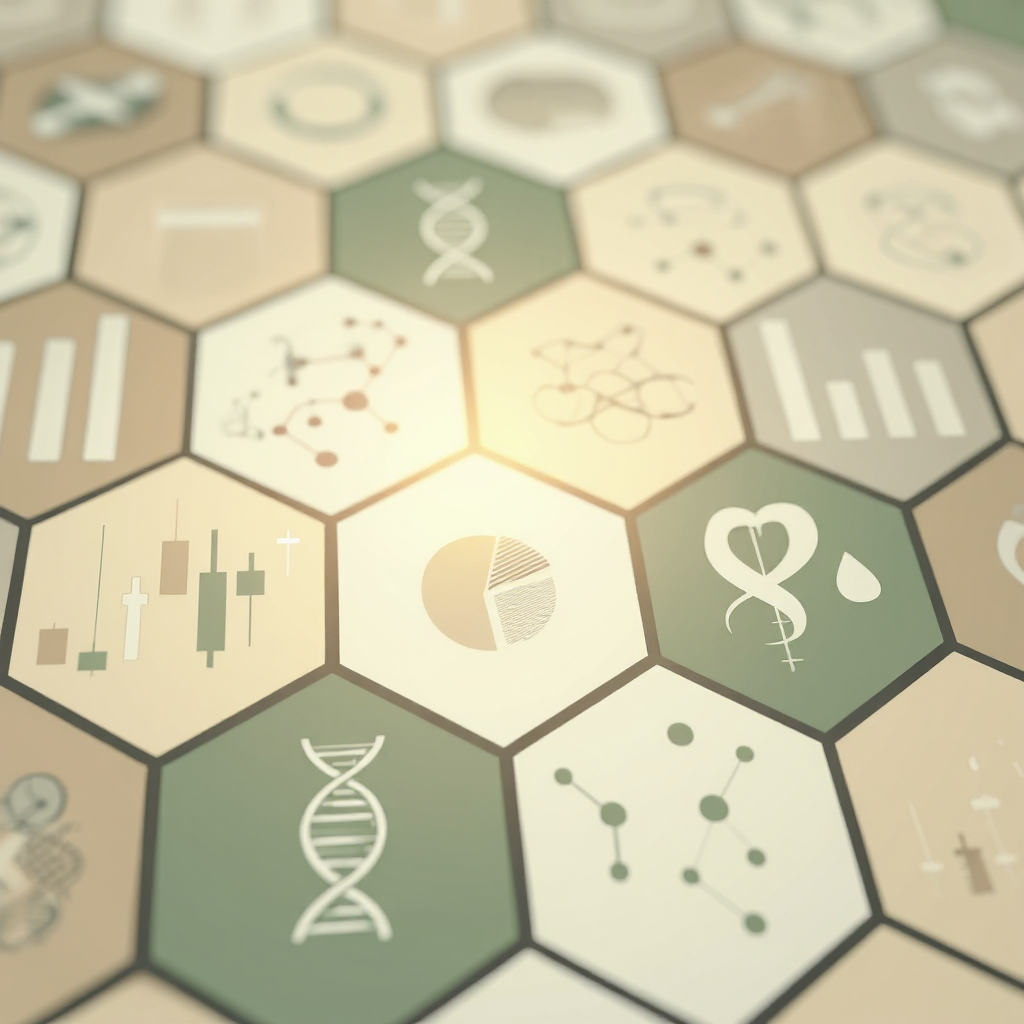3D Models for Design & Engineering
*
Science
*
Medicine
*
3D Models for Design & Engineering * Science * Medicine *
Real-World Learning Starts Here
Core Project
Deep-dive Projects
Frequently Asked Questions
-
Project-based learning (PBL) is an educational method where students learn by tackling real-world problems through meaningful projects, rather than just memorizing facts or listening to lectures. In PBL, students work in teams, research, experiment, and create products or presentations. This process helps them develop important skills like critical thinking, problem-solving, communication, teamwork, and self-management. PBL makes learning more engaging and relevant, leading to increased curiosity, confidence, and critical thinking as students take ownership of solving real-world problems in meaningful, interdisciplinary ways.
-
Not at all. Our projects are designed for all high school students—from 9th to 12th grade— no matter your starting point. Whether you’re just beginning to explore STEM or already have some experience, you’ll find opportunities to learn, grow, and contribute meaningfully. You just need curiosity, an open mind, and a willingness to work hard. We focus on critical thinking and guide you step-by-step, helping you build confidence along the way.
-
Most projects run 4–6 weeks during Summer and require about 5–8 hours per week, including both group sessions and independent work. Our after-school programs run 8–12 weeks and require about 2–4 hours per week.
We offer two formats:
Individualized projects have flexible schedules that can fit around your school and other commitments.
Team-based projects follow a set schedule and run quarterly, with fixed group meeting times.
-
Projects run year-round. Many students join during the Summer, but we also offer projects during the school year as an after-school experience. This flexibility makes it easy to participate without interfering with school, sports, or other commitments.
-
Mentors are vetted professionals and graduate students from top universities and industries. They’re trained to guide students through projects to build skills like problem-solving, communication, resilience, and leadership.
-
Colleges and employers look for real-world skills like problem-solving, collaboration, and communication. Our projects help you develop these and give you something impressive to showcase in applications and interviews.
-
Yes. Students can showcase their project work in essays, interviews, and portfolios. Pebble Circle projects demonstrate initiative, critical thinking, and real-world experience.
-
Yes! Students who demonstrate outstanding engagement, initiative, leadership, or growth during their project may be eligible to receive a letter of recommendation from a Pebble Circle mentor or program lead.
-
Pebble Circle is a non-credit, project-based learning program focused on real-world problem-solving in STEM, medicine, and business. We are not a degree-granting or accredited institution, and we do not offer high school or college credit.
What we do provide:
A digital Certificate of Completion
Personalized feedback reports highlighting each student’s skills, contributions, and areas of growth
A portfolio-ready mini-paper and presentation that can be used for college essays, internships, or independent study proposals
-
Yes! Pebble Circle welcomes high school students from around the world. All sessions are conducted in English, and students should be comfortable participating in group discussions and collaborative work.
Feel free to contact us if you have questions about eligibility or pricing for your location.
-
Yes, you’ll have the option to collaborate in small, diverse teams. It’s common to make new friends. You can also invite classmates or teammates to join.
-
Tutoring focuses on school content; Pebble Circle projects build broader skills like problem-solving, creativity, adaptability, and teamwork. It’s designed to inspire students beyond the classroom by connecting disciplines and putting learning into real-world context.
For Students & Parents
-
Pebble Circle projects are grounded in essential competencies identified by California’s CTE Model Curriculum Standards, including the Standards for Career Ready Practice and CTE Anchor Standards. These emphasize skills such as ethical decision-making, communication, creativity, collaboration, career exploration, and the application of academic knowledge in real-world contexts.
Internationally, Pebble Circle aligns with the OECD’s Learning Compass 2030, which highlights transformative competencies like creating new value and taking responsibility. The Learning Compass promotes student agency, interdisciplinary problem-solving, and lifelong learning. These are the key priorities reflected in Pebble Circle’s project-based, mentor-guided approach.
-
Yes. Our projects extend and enrich classroom learning. They’re ideal for summer bridge initiatives, enrichment programs, or advisory periods. Schools can integrate them as co-curricular opportunities or independent learning tracks.
-
We track student growth through the actual work they produce. The work includes presentations, research findings, team reflections, along with mentor feedback and student self-assessments. We're also working with schools and education partners to better measure how our projects support college and career readiness benchmarks.
-
Yes. We offer partnership models for districts, schools, and nonprofits, including group enrollment, professional development, and custom project co-designs. Contact us to explore ideas together.



